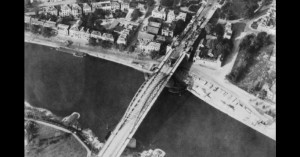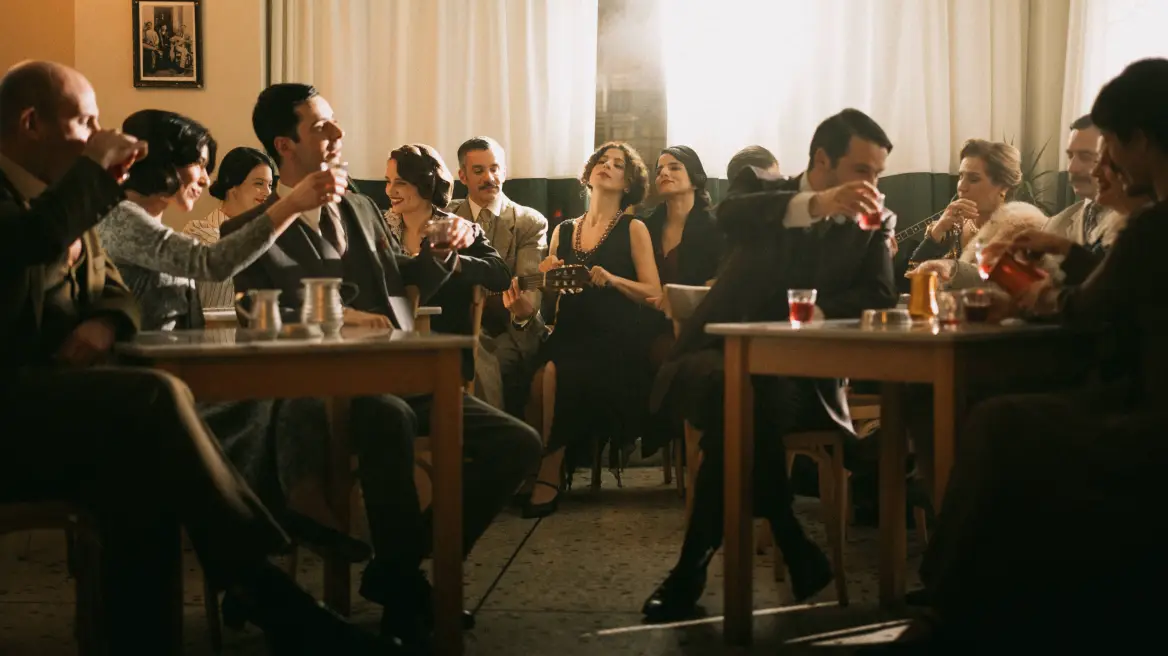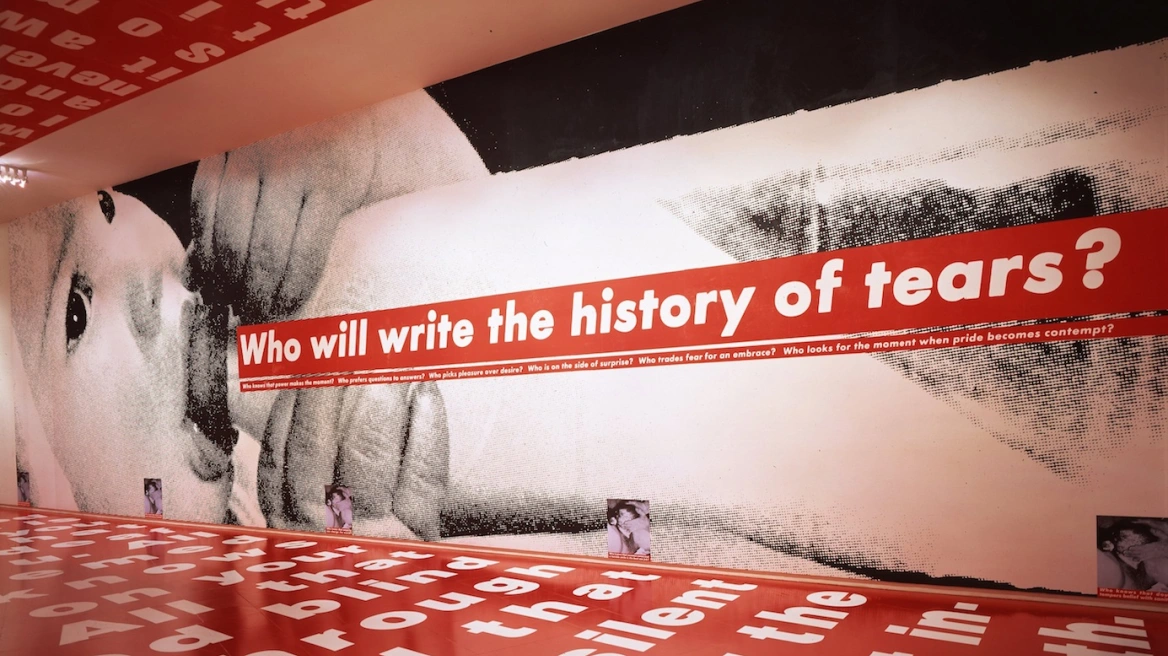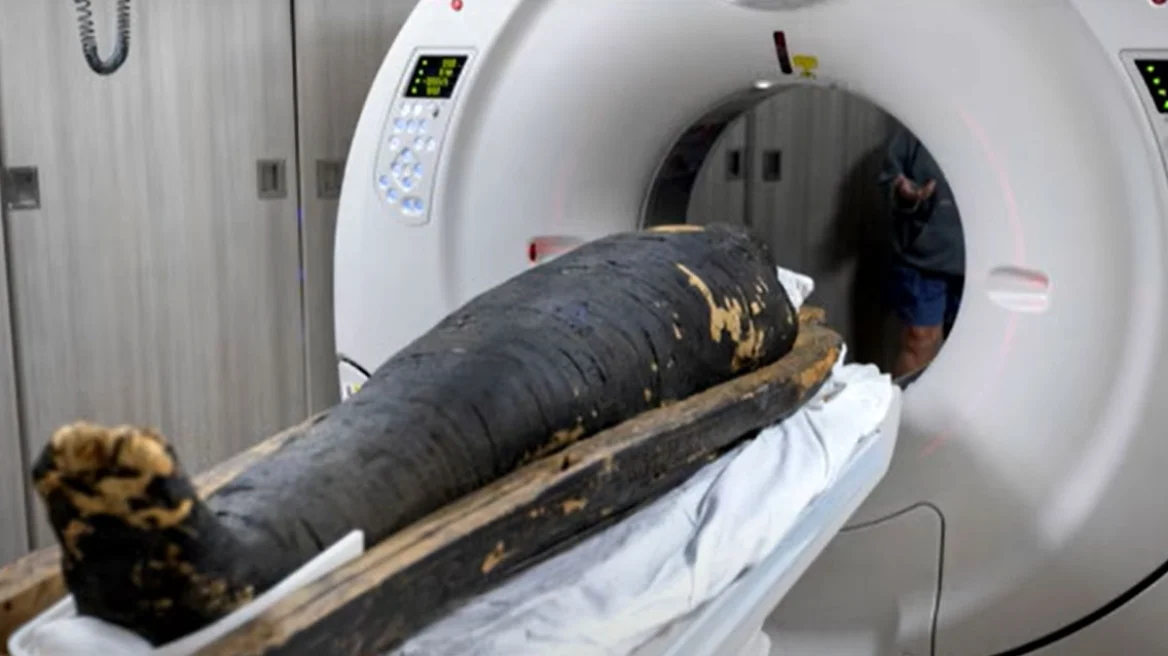Had the Battle of Arnhem succeeded, WWII in the European Theater might have ended a lot sooner, millions might not have died, and Germany might not have been split in two.
Although the D-Day Landings in June 1944 were a success, the Allies became bogged down by stiff resistance, difficult terrain, and logistics. By summer, they had made it through France and Belgium and were poised to enter the Netherlands when someone had a great idea.
The Siegfried Line was Germany’s last line of defense so the Germans would go berserk defending it. Well, why not go around it to the north through the Netherlands, instead? They could then attack the Ruhr (Germany’s industrial heartland) and voilà! Game over.
(Aerial view of the bridge over the Neder Rijn, Arnhem; British troops and destroyed German armoured vehicles are visible at the north end of the bridge. September 1944)
Most people thought it was a brilliant idea and thus was born Operation Market Garden. They were so confident about it that planning took a mere seven days, after which it was launched on September 17, 1944.
Seven days to coordinate between different branches of the British, Polish, and US army and air forces. British Major Brian Urquhart had qualms about the plan, especially as intelligence was poor, but no one listened.
Insufficient planning among so many different groups resulted in communications breaking down almost as soon as the parachutists landed – most far from where they were supposed to. The Germans quickly picked them off. Inadequate intelligence also meant they met far more Germans than expected.
Also known as the Battle of Arnhem, it was a massacre. Most of the fighting took place around the Dutch towns of Arnhem, Driel, Oosterbeek, and Wolfheze. A Regimental Aid Post was set up at Oosterbeek, which also served as Urquhart’s Divisional Headquarters.
At Oosterbeek the event was captured on film. Unfortunately, the excitement of residents who greeted the Allies as welcome saviors was short-lived. By September 26, it was over. Some 1,984 Allies had been killed and another 6,854 captured, while the Germans lost about 1,300 men.
The Germans won that round, ensuring that the Soviets reached Berlin first – leading to the social and economic divisions that still split Germany today despite reunification.
Ask me anything
Explore related questions






